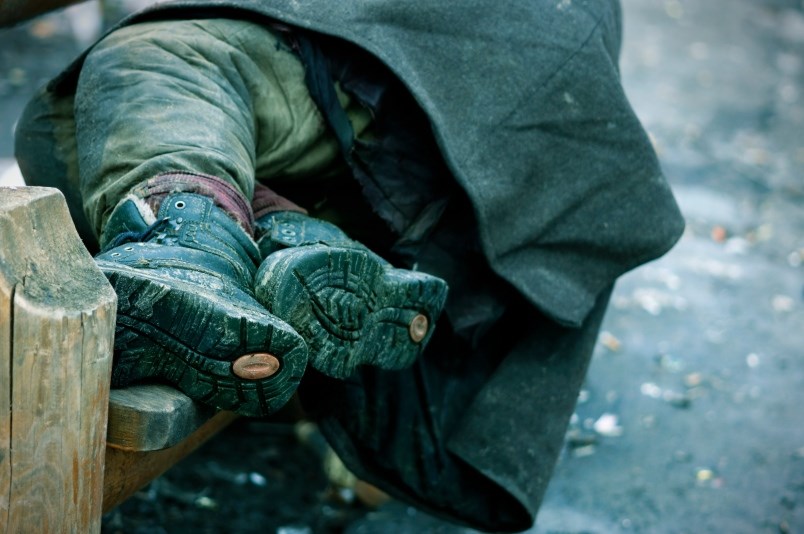The District of Sault Ste. Marie Social Services Administration Board (DSSMSSAB) is encouraging those seeking a break from the cold to use local shelters - including the recently-opened low-barrier shelter at Verdi Hall - as warming centres when temperatures plummet.
Earlier this week, Ontario moved to a modified step two of its Roadmap to Reopen, scaling back capacity limits across the board, including a 50 per cent capacity limit for libraries. Sault Ste. Marie Public Library closed all of its locations until at least Jan. 17, opting to offer curbside service instead.
“If someone is outside cold and homeless, they can come in and warm up and get a cup of coffee, and have a chat with staff - and I think that’s the right model for warming centres in a city with a homeless population our size,” said DSSMSSAB board chair and Ward 2 Coun. Luke Dufour, speaking with SooToday Friday. “It gets people connected with services, with staff. It just makes sense.”
In late December, social services opened up the Verdi Hall on Queen Street West as a temporary low-barrier shelter. The original idea was to have 18 beds, but social services increased the number of beds to 30 in order to meet the significant spike in demand.
Dufour says the beds at Verdi Hall are full almost every night.
“We’ve been at full capacity for a few weeks, even before the cold came,” said Dufour. “I don’t believe that weather is necessarily driving the usage - I think that the culture of the new facility is really what’s driving the usage.”
The low-barrier approach at Verdi Hall included designing the infrastructure around input from clients, in addition to training staff on de-escalation techniques and finding ways of working with folks who are challenged by mental health and drug addictions. The facility also has a ‘quiet room’ for people who are having episodes or struggling being around others.
“In previous models, if folks were being banned for having an outburst or something like that, there’s no opportunity for learning, or to remain connected to the system,” Dufour said.
The low-barrier shelter currently hosts a number of individuals who were previously causing disturbances elsewhere in town, Dufour says, and “camping out in places where they shouldn’t have been camping.”
“We’re not talking about the treatment that we desperately need from the health system, but we’re talking about a basic level of service that’s going to keep folks from wandering around the downtown, sleeping in unsafe vacant buildings, keeping people out of dumpsters,” he said.
DSSMSSAB also operates the overflow shelter at the former site of the Steelton Seniors Centre, which contains eight transition units - bachelor apartment units for women and youth so they don’t have to be on their own after they leave a shelter - that are now occupied.
Dufour says Pauline’s Place is also operating at full capacity, and St. Vincent Place currently has six beds.
“When you compare us to where we were in 2019, we’ve made really, really significant strides in how much availability we have,” he said.
For now, Verdi Hall will serve as a stopgap measure while the permanent home for people experiencing homelessness - the former Sacred Heart School at 721-725 Wellington St. East - is being constructed.
Dufour says DSSMSSAB is pushing for a September opening of the new mental health and addictions hub. All of the roofing and site servicing is done, and the board anticipates that tendering for the interior portions of the renovation will happen within the next month or two.
An official homelessness count conducted in late October found a minimum of 244 homeless individuals in Sault Ste. Marie.
